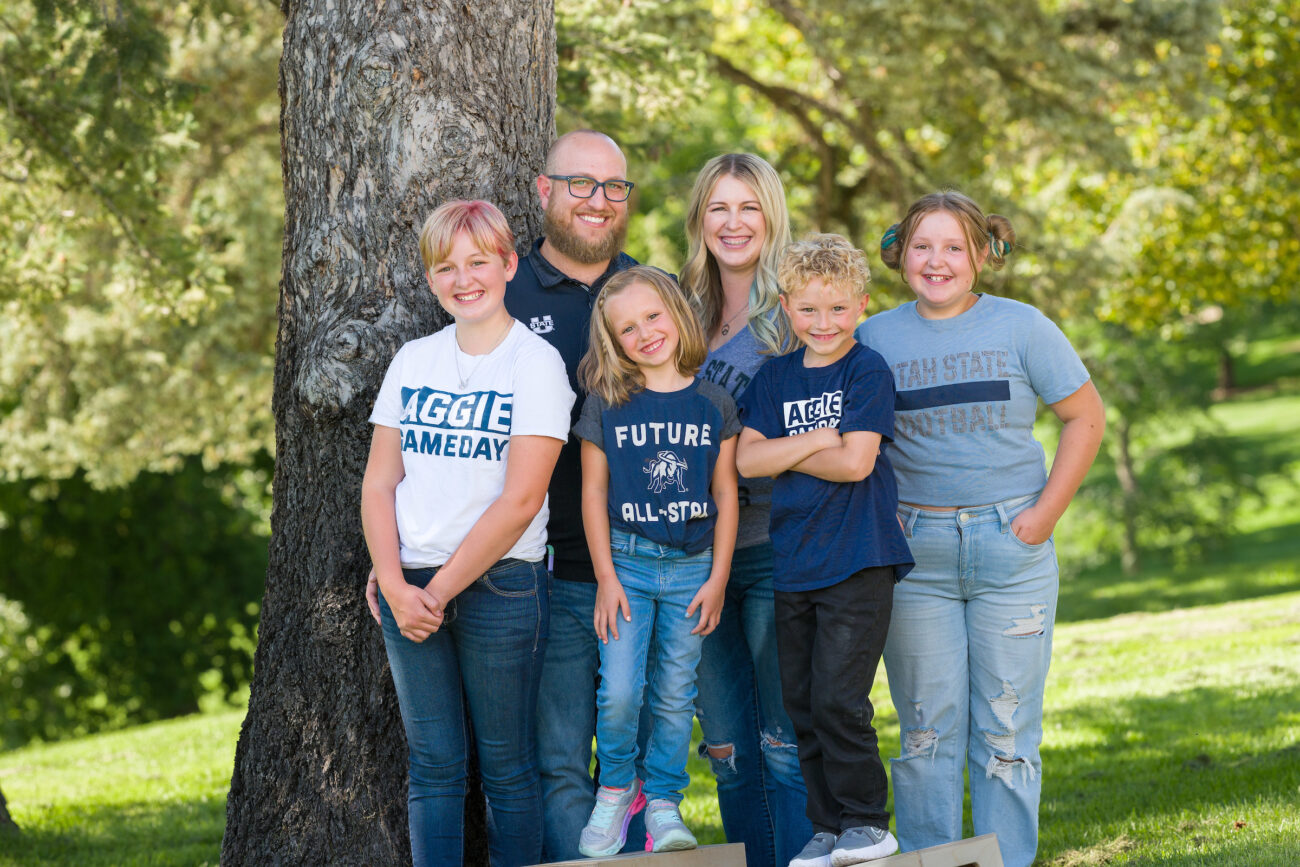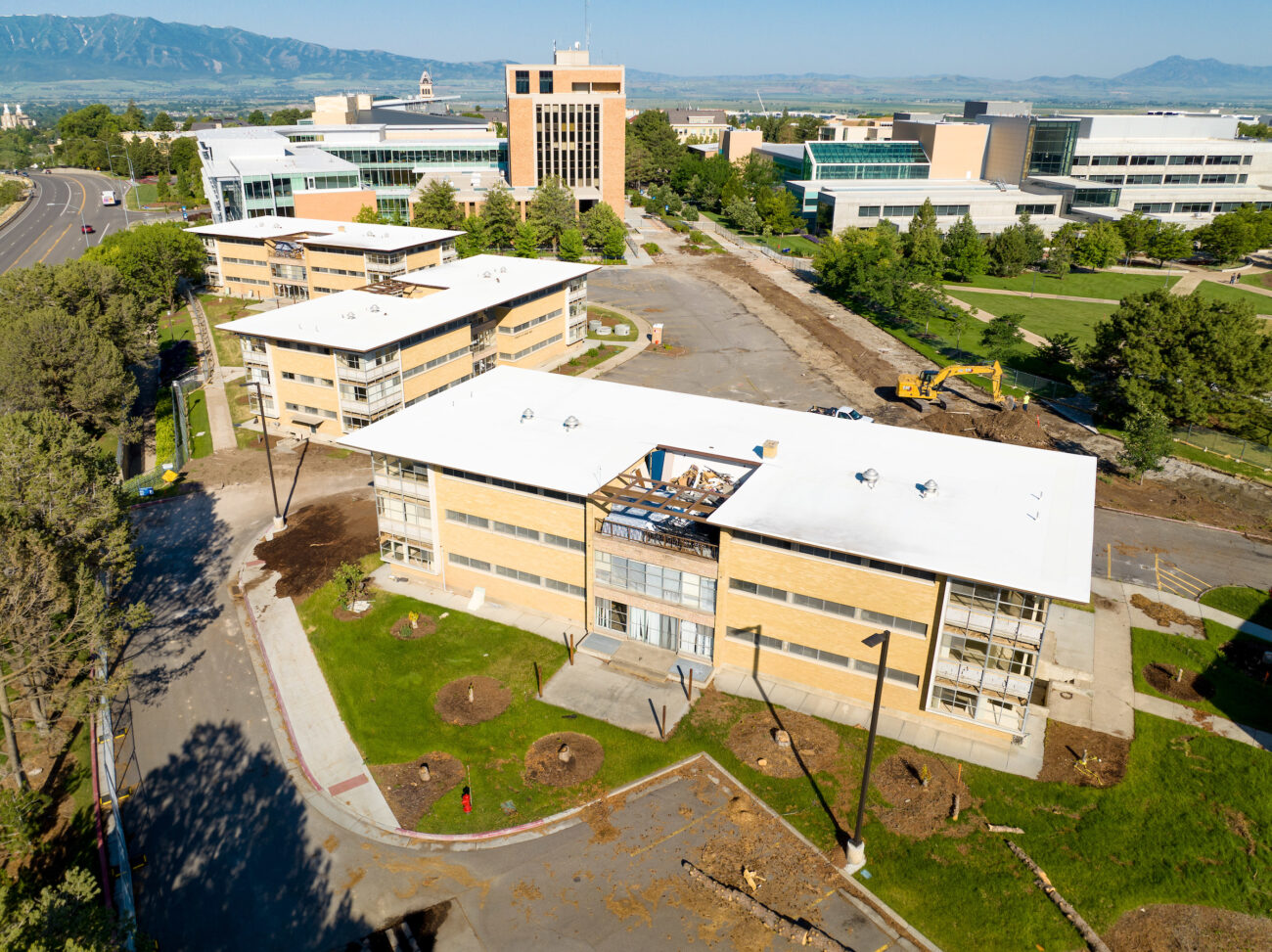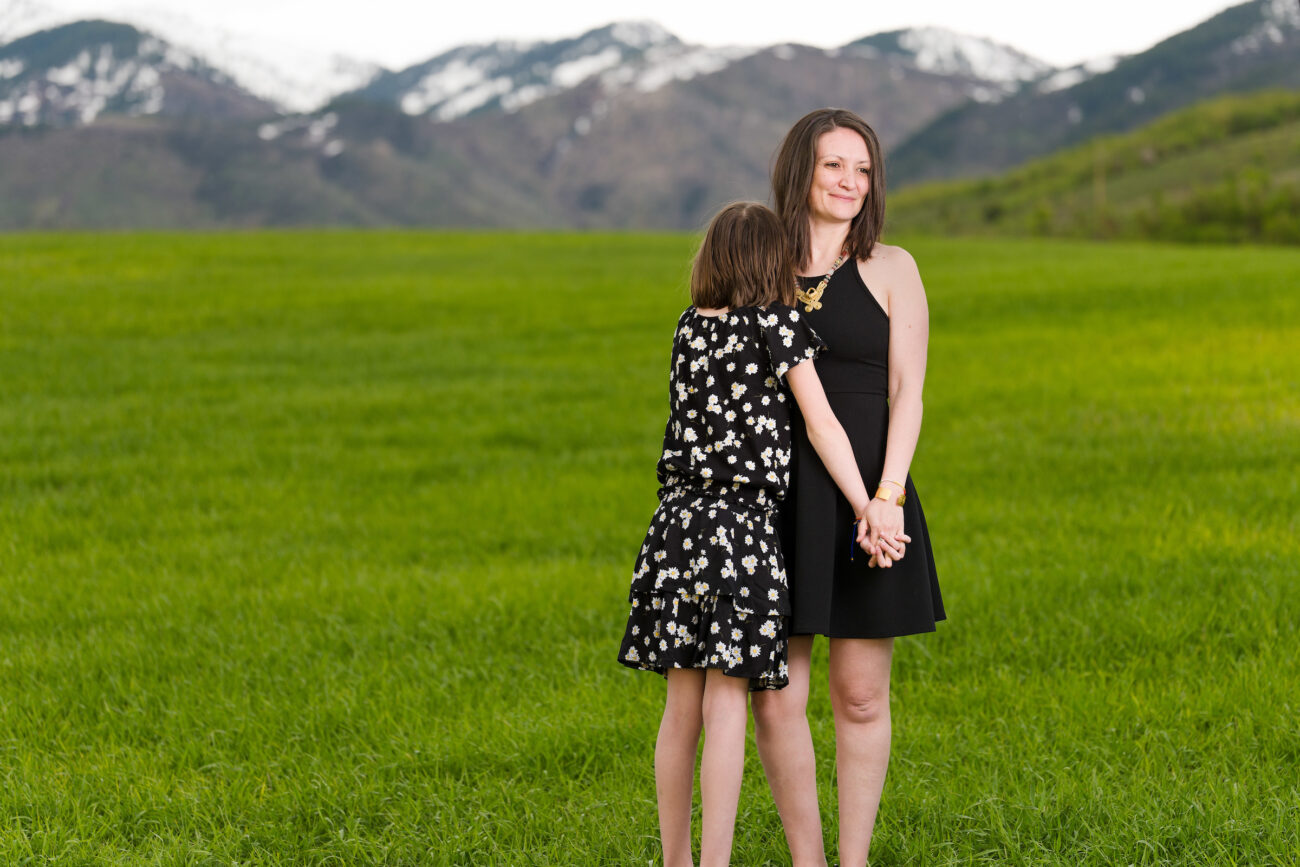R1 All the Way

When students first enroll in college, they are often asked by family members, “What do you want to do?” I think a better question is, “What do you want to be?”
At Utah State University, it’s not just the degree that matters, it’s how you learn to navigate the world.
I remember being an undergraduate in Montana and feeling confused about my career options. I didn’t know what a resume was when I enrolled in college. I didn’t know that faculty at my college conducted research or that research was something I could ever do.
It wasn’t until late in my junior year when a genetics professor looking at my transcript suggested I consider graduate school. At the time I had no idea what graduate school was. I do not know how my life would have unfolded if that one professor I connected with in college had not illuminated a different pathway for me.
At USU, participating in undergraduate research is the norm, not the exception. We are the second-oldest undergraduate research program in the country, behind MIT. Our long legacy and emphasis in this area has been recognized with one of three Council on Undergraduate Research national awards in 2020. And, in December, USU was recognized by the Carnegie Commission on Higher Education as an R1 “very high research activity” institution — the highest research classification by Carnegie for premier research institutions in the United States. This is a seal of approval for the quality and quantity of research that we do and the doctoral students that we graduate.
The impacts of USU’s research and creative works are immeasurable. While research is considered an economic driver in regions of higher education institutions, it also helps a university attract and retain exceptional faculty and students.
When you combine USU’s land-grant mission to make education accessible to all people with our longstanding commitment to and success in research, you can see how easy it is for USU undergraduates to engage in meaningful and impactful work. For example, we have students from across several disciplines employed by USU’s Space Dynamics Laboratory, which is one of only 14 U.S. Department of Defense University Affiliated Research Centers in the country that specialize in developing and maintaining essential engineering and technology important to the country’s security. I think it’s pretty darn cool that our students routinely participate in designing devices for use in space.
Our students are encouraged to ask big questions and given the resources to explore answers. Every USU college and discipline provides students with the opportunity to conduct research or develop creative works that will impact their life. I know it did for me.
Impact is the heart of the land-grant institution. We make a difference in people’s lives through basic and applied research that has an impact on individuals, families, communities, and society. Those impacts are transferred to every Utah county, every day through the work of USU Extension. Whether it is identifying agricultural pests or determining which seeds to plant or reducing water consumption or developing healthier relationships, USU Extension can help.
Sometimes basic research, which is often conducted over years, if not decades, doesn’t have a recognizable impact. But sometimes the things that you aren’t sure will come out of basic research produce lifesaving results. For a decade, researchers at USU’s Institute for Antiviral Research worked on RNA vaccines and were not certain when they would ever be used. And then the COVID-19 pandemic occurred, and those years of incremental research played a huge part in the approach used for COVID-19 vaccinations.
I am proud of the work we do at USU and of the people we are helping our students become. They learn early on at USU that asking good questions and exploring answers is a worthy pursuit. That is the Aggie way.





